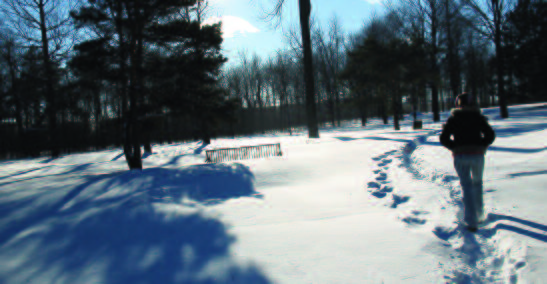Winter Safety Tips
Home fires occur during the winter than at any other time of the year. It’s largely due to issues resulting from home heating devices. In addition, these devices are fueled by gas, oil, kerosene, or wood, which can produce deadly carbon monoxide gas inside of a closed up home.
Protect yourself and your family by following these smart home heating safety tips:
• Install smoke and carbon monoxide detectors on every level of your house. Check the batteries every month and change them at least once a year.
• If you’re using a space heater, remember that they need ample room for safe operation. Keep anything that can burn at least three feet away from the heater. If you’re shopping for a new space heater, buy one that automatically shuts off if it should fall over.
• If you use a wood burning fireplace, make sure you have a glass front or screen large enough to catch flying sparks and rolling logs. Be sure to have your chimney cleaned and inspected each year before using it.
• Get a fire extinguisher for your home and learn how to use it. Check it annually to be sure it’s working properly.

Auto safety is especially important in the winter. Get your vehicle thoroughly serviced and winterized so you’re ready to hit the road in frigid weather and poor road conditions. Be sure to:
• Check the tire air pressure and make sure your tires have sufficient tread.
• Have your anti-freeze levels checked.
• Inspect belts and hoses for cracks or leaks.
• Ask your mechanic about switching to a thinner grade of engine oil for better performance in colder temperatures.
• Inspect the windshield wipers and wiper fluid to ensure better visibility.
• Make sure your battery is fully charged.
You should also buy an auto safety kit designed for winter and cold weather emergencies. Make sure it includes vitally important items for an emergency situation, such as a folding shovel, emergency survival blanket, ice scraper, emergency candles and waterproof matches, water, a flashlight with batteries, and gloves.







Comments